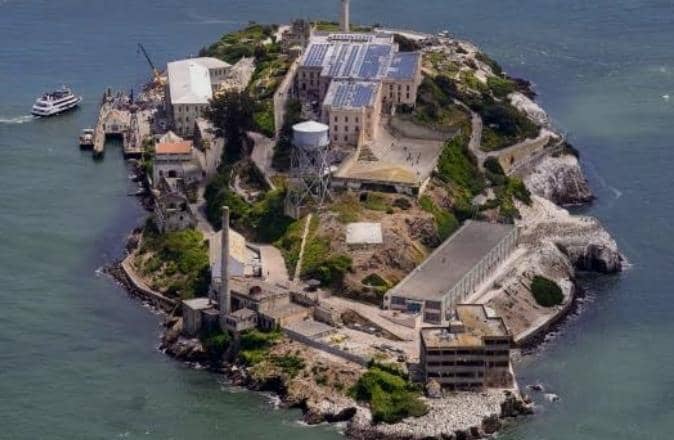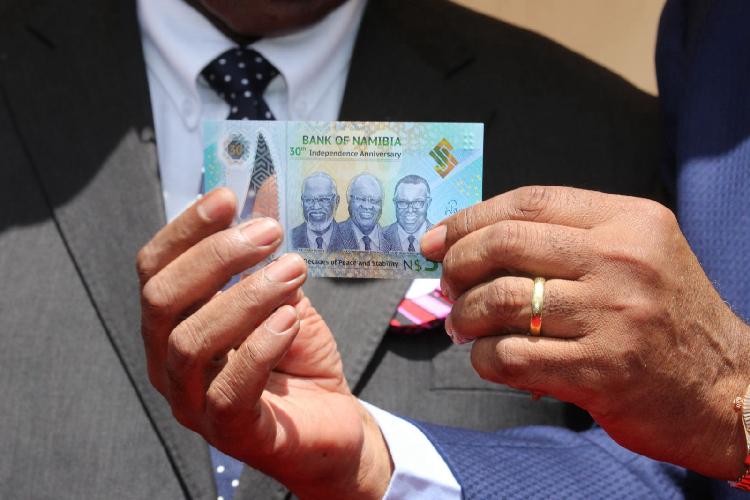INFORMATION society, information highway, knowledge economy. These are some of the buzzwords of our time. And they are used freely – sometimes in a parrot-like manner even by people who don’t attach a lot of meaning or understand them in concrete terms.
I argue here that although concepts like freedom of the press and speech are crucial in the crystallisation and concretisation of those ideas; they don’t completely capture the whole picture.To do so, we need to bring in the broader guiding principle – access to information. Now, many people in Namibia, for example, like to throw around those terms, especially ‘knowledge economy’, at every turn, but then fail to live up to its ideals and promises.The idea of a knowledge economy sounds fancy and attractive. But you can’t have that without a knowledgeable citizenry. And you can’t have a knowledgeable citizenry while citizens have no access to free and unfettered information. And I’m using ‘information’ here very broadly. As it is now, Namibia is run like a secret society.Thus major policy decisions, with long-term implications for the nation, are hardly subjected to critical discussion and debate before decisions are taken. Eventually when policy issues are brought to the fore, it’s simply for placation and rubber-stamping. The final decisions have already been taken at the executive level in case of Government or at board/management at the parastatal level.I will take a detour here to cite some examples when the public has been left in the dark when major decisions were taken before I turn to the importance of free access to information.Former President Nujoma was a master at keeping the public in the dark by holding information close to his chest.Take Namibia’s military adventure and misadventure in the DR Congo’s war in the 1990s. This was vehemently denied by Nujoma at first. He actually lashed at the media whom he alleged were spreading lies about the DRC conflict.This in turn led to the Ministry of Defence imposing a blackout on all news relating to that war. Mind you such a major foreign policy issue should have gone through Parliament. It didn’t. This whole move might have been unconstitutional if you read Article 96 of our Constitution.Secondly, Nujoma had this special propensity for setting up commissions of inquiry – perhaps his strategy of silencing people by saying ‘don’t worry be happy, I’m looking after the problem’. So there are heaps of reports that the public has not been allowed to access. Although President Pohamba promised the nation, when he took office, that the reports would be made public; this hasn’t happened five years down the road either.Another intriguing case is the Ministry of Finance rather ‘cleverly’ deciding to collapse the purchase of the new Presidential Falcon jet under ‘vehicles’ in the Budget – to make sure that the unsuspecting individual doesn’t unearth this information so easily.Some parastatals are also notorious for information blackout. Just listen to how their spokespeople would demand to know from the press, for example, how they got this or that information and from whom. Or they would say ‘this information is not for the media’ (read: the public). Most of the entities that are in the habit of keeping information under wrap like the Windhoek City Council, Trans Namib, Namfisa, SSC, etc, are always in problems.One understands this veil of secrecy in our governance system. One reason relates to the general lack of education among our people even at management level. The other stems from the liberation struggle culture where people were sometimes suspicious of others.But this is not the way to run a supposedly open and democratic country. There should be a sense of democratic accountability to the citizens and their right to know. Government and its agencies have an obligation to report to the public on their activities as regularly and comprehensively as possible.Democracy depends, a good deal, on a knowledgeable citizenry with access to a range of information so that it can participate fully in public life. A country with inadequate access to public information also allows corruption to flourish which put the majority of citizens at a disadvantage. Namibia is a case in point here. Thus access to information helps to fight corruption.Apart from its functional aspect, access to information is also fundamental human rights in the new information society just like freedom of speech and freedom of the press have been. Information is thus the new coin of the international realm and our people have to understand that.
Stay informed with The Namibian – your source for credible journalism. Get in-depth reporting and opinions for
only N$85 a month. Invest in journalism, invest in democracy –
Subscribe Now!










